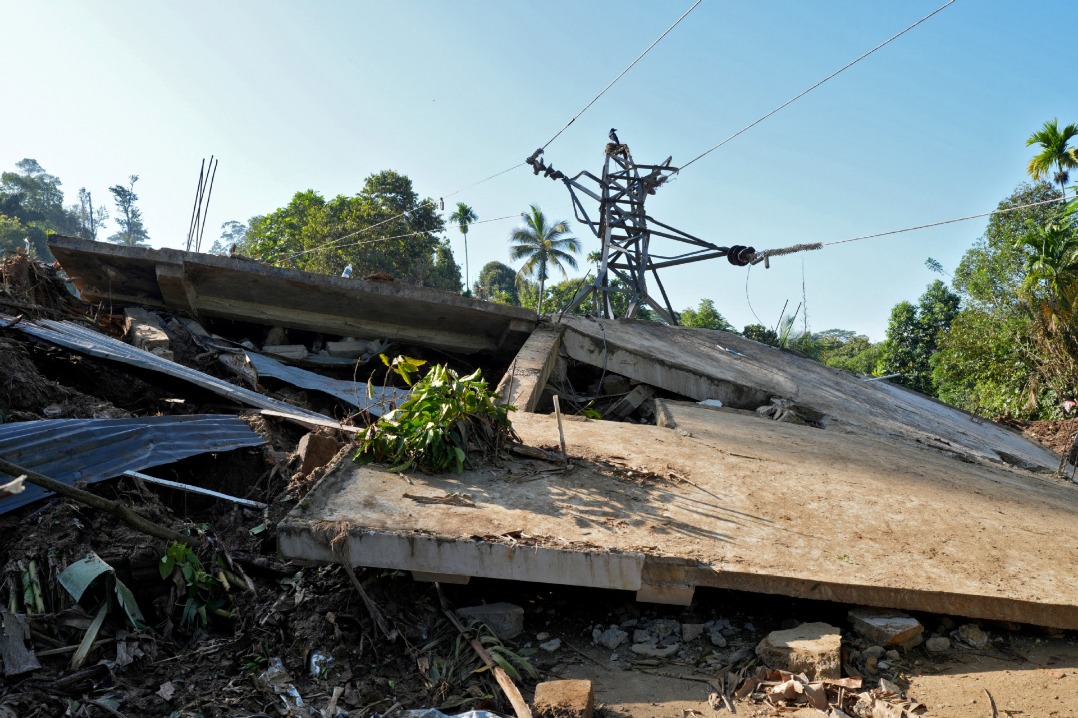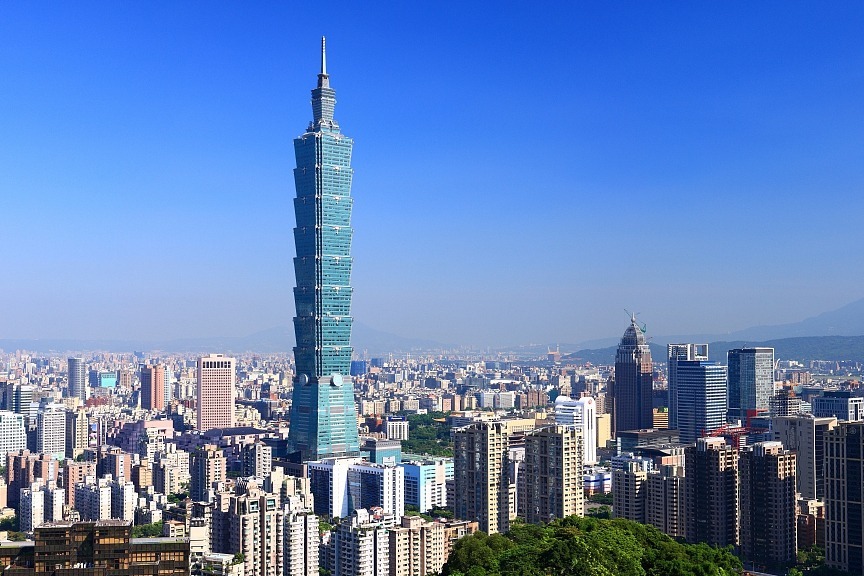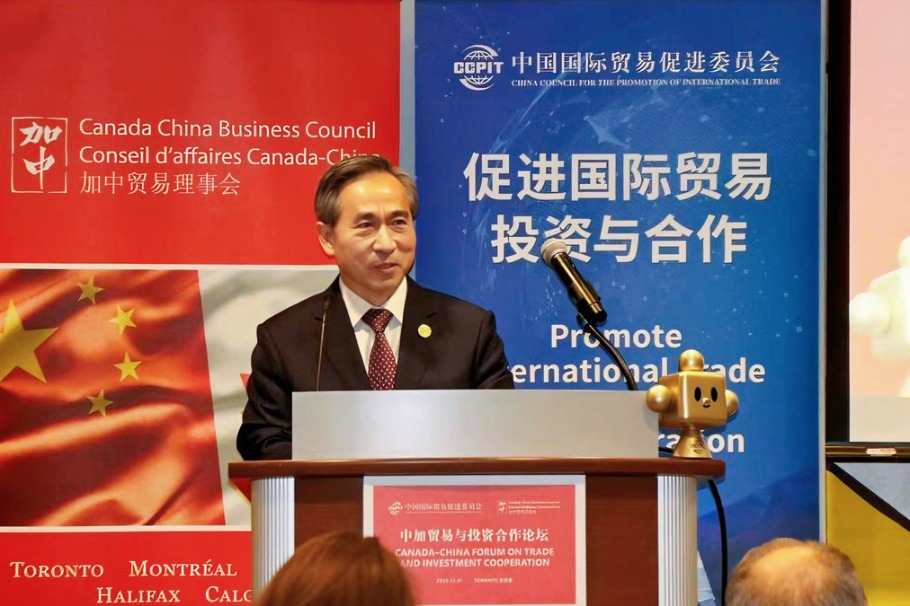People-centered approach, cooperation contributing to Asia-Pacific progress, commission says

The people-focused policy actions and regional cooperation by Asia-Pacific governments have proved valuable in addressing the multidimensional economic, social and environmental challenges posed to the region's sustainable development, according to the Economic and Social Commission for Asia and the Pacific, or ESCAP.
In terms of fiscal policy, multiple approaches have been adopted to strengthen public resource management and enhance fiscal stability, allowing for more efficient public spending and investment in essential services, said ESCAP.
During ESCAP's 81th session from April 21 to 25 in Bangkok, the commission noted that India, Indonesia and the Philippines have introduced gender-responsive budgeting systems to ensure the efficient use of resources for the well-being of women and girls, while in Vietnam, competitive bidding mechanisms for rooftop solar projects have attracted significant business investment.
"These policies will have positive implications for inclusive and sustainable economic development," said United Nations Under-Secretary-General and Executive Secretary of ESCAP Armida Salsiah Alisjahbana.
She noted that developing Asia-Pacific economies are performing rather well on several fronts, with economic growth that is resilient, although somewhat slower than in past years, and declining inflation.
The Asia-Pacific region is navigating a complex array of interconnected challenges that hinder progress towards inclusive and sustainable development, according to the commission. These challenges span economic, social and environmental domains, highlighting the need for integrated policy responses at the national and regional levels.
The commission highlighted the region's efforts on expanding digital infrastructure to boost economic participation by improving connectivity, reducing costs and increasing access to digital markets.
For instance, the governments of Kazakhstan, Kyrgyzstan and Uzbekistan have facilitated the integration of fiber-optic communication networks with other existing or planned infrastructure projects, such as power lines, roads and railways.
Also, various other policies have also been introduced to ensure that households and businesses benefit from the digital economy. In Singapore, government has adopted a comprehensive strategy aimed at narrowing the digital gap between large enterprises and small firms and start-ups.
"Asia-Pacific cities have pioneered digital innovations, transforming public institutions, from tax collection to targeted subsidies. These efforts are paving the way for adaptive policies that can inspire collaboration across regions," said Amina J. Mohammed, deputy secretary-general of the United Nations.
As a leader in clean energy, she added that Asia-Pacific is scaling electric public transport systems, reducing emissions, and improving urban mobility and health.
Amid the trade barriers and tariffs that limit opportunity, she noted that a fairer, more inclusive global trading system will help drive sustainable development, ensuring that all countries, especially in this region, can unlock their full potential.
yangwanli@chinadaily.com.cn
































